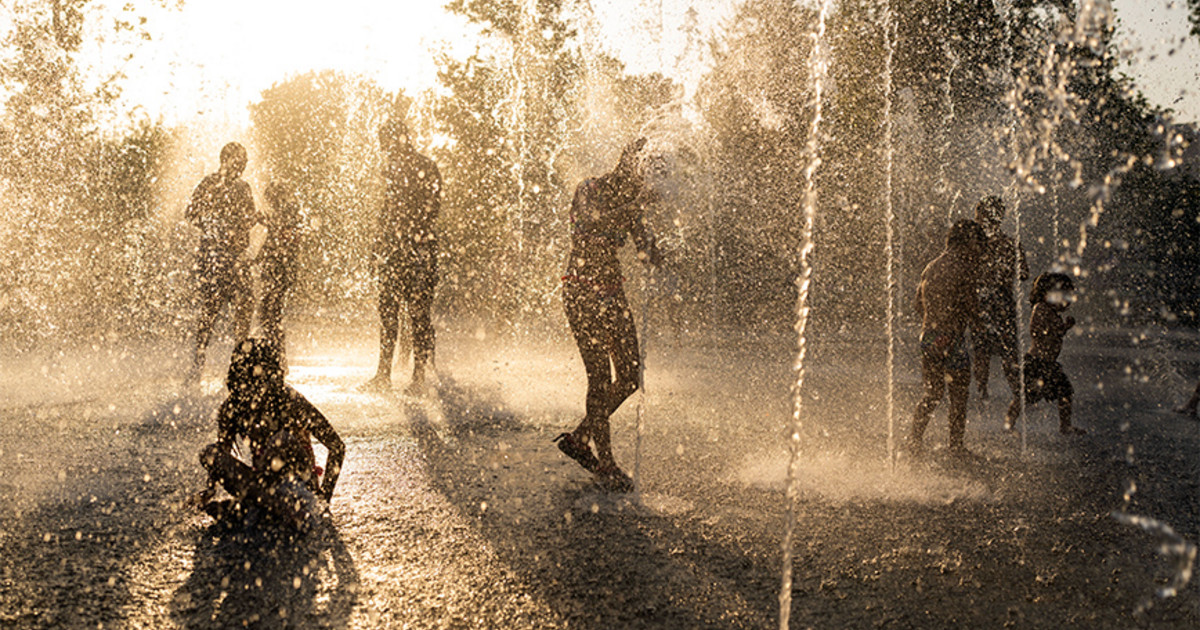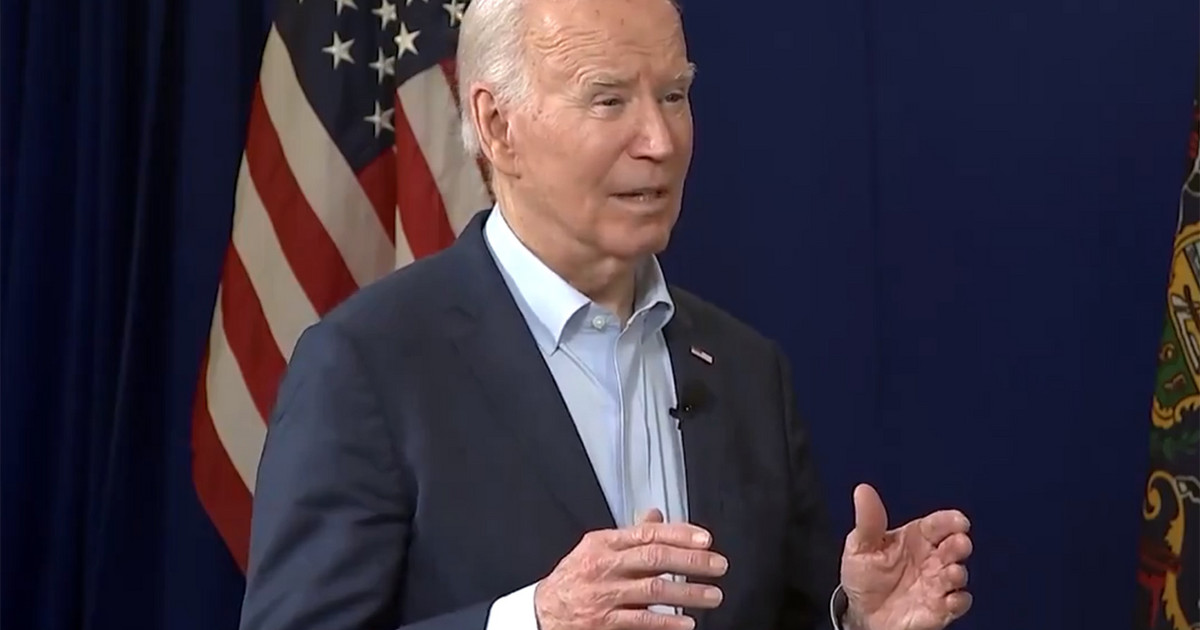The Court of Justice of Rondônia will judge next Monday (22) an action against the law that changed the limits of conservation units in the state and reduced the protected areas by 219,000 hectares of forests, a territory larger than that of the municipality of São Paulo, which has 150 thousand hectares.
Environmental organizations warn that, by removing areas from protected units, the government of Rondônia makes these regions even more vulnerable to all kinds of actions, such as illegal deforestation and the regularization of illegally occupied lands.
In April of this year, the government of Rondônia published a complementary law (80/2020) that reduced the Jaci-Paraná extractive reserve and the Guajará-Mirim state park.
With the change, the Jaci-Paraná reserve was practically extinct, with a reduction of 169 thousand of its original 191,000 hectares. The Guajará-Mirim park was reduced from 216 thousand to 166,000 hectares.
The conservation units are located in the municipalities of Porto Velho, Buritis, Nova Mamoré and Guajará Mirim.
After the approval of the Complementary Law Project by the Legislative Assembly of Rondônia, which reduced the areas, in April, the Broad Front for the Defense of Protected Areas in Rondônia sent a representation to the Federal Public Ministry, in May, with signs of illegality and unconstitutionality in the alteration , asking the agency to recommend the veto to the governor of Rondônia, Marcos Rocha (PSL).
Civil Society Organizations – among them SOS Amazônia, Kanindé, Ecoporé, Association of Indigenous Peoples of the Region of Guajará-Mirim – Oro Waran and WWF-Brasil – made a request to join the Direct Action of Unconstitutionality, reinforcing the claim for the court bars the amendment.
“The law approved by the Assembly and sanctioned by Governor Marcos Rocha is full of unconstitutionalities and, not by chance, is the object of a new direct unconstitutionality action”, says Kanindé’s lawyer, Ramirez Andrade. “The law is an exclusive benefit to groups of invading units. It rewards those who have committed environmental crimes, harms extractive communities, indigenous peoples and even urban populations that depend on environmental services in protected areas.”
According to the organizations, the approved law did not present technical studies that justify the reduction of units, nor did it promote public consultations. At least two opinions issued by agencies of the state government itself were issued recommending a veto to the proposal and sent to the governor, including the State Attorney General (PGE).
The illegal occupation of land, land conflicts and the difficulties of inspection by the public authorities are the points highlighted by the state government to justify the new legislation.
The State Public Ministry also made recommendations in the same direction, pointing out irregularities. And civil society organizations expressed themselves in a letter to the governor requesting the veto. Even so, the project was sanctioned. The original project was authored by the governor himself.
“The reduction of conservation units can further complicate the picture of greenhouse gas emissions, as it will promote even more deforestation and consolidate a picture of illicit degradation. Rondônia can establish itself as a champion of the aggravation of climate change”, says Rafael Giovanelli, specialist in Public Policy at WWF-Brasil.
Reference: CNN Brasil






